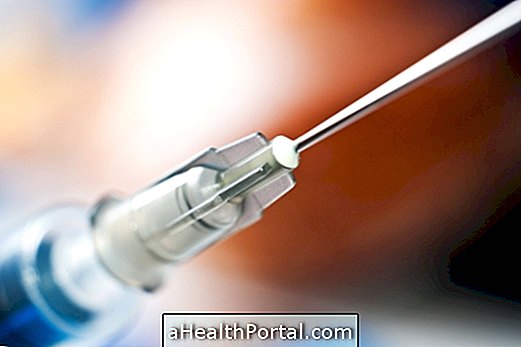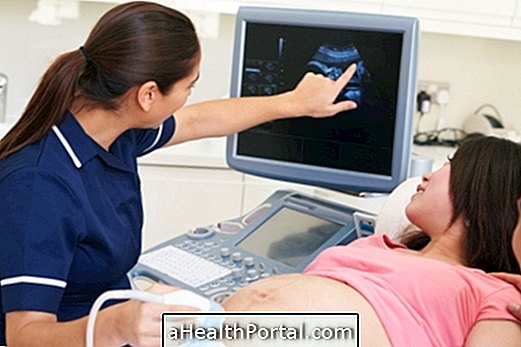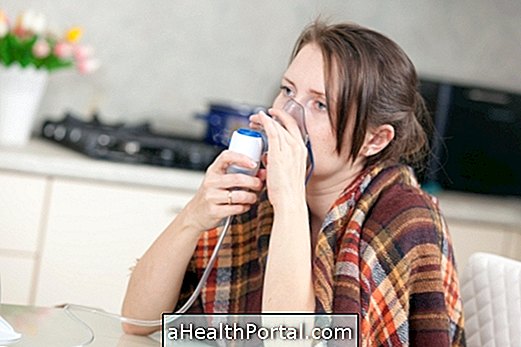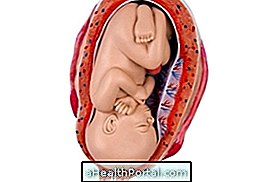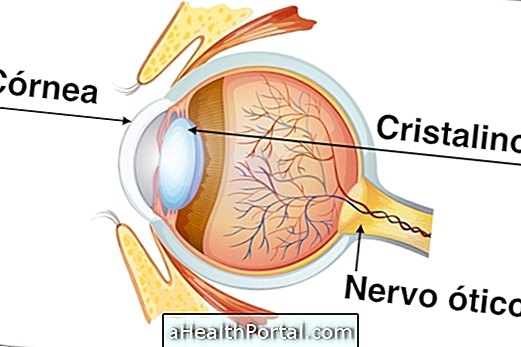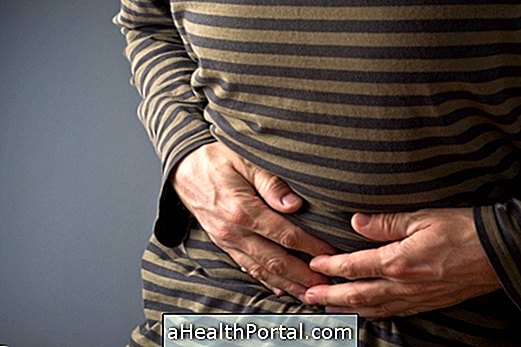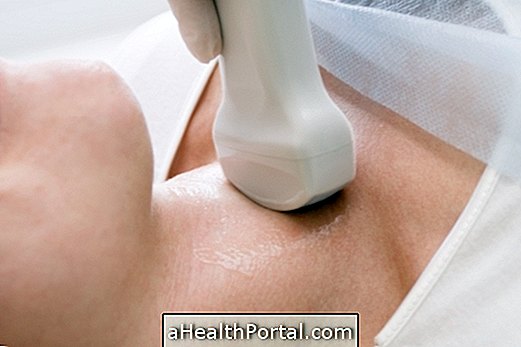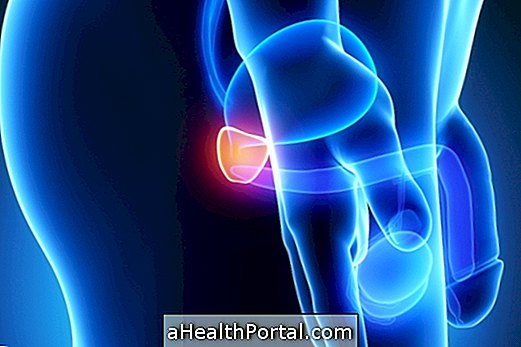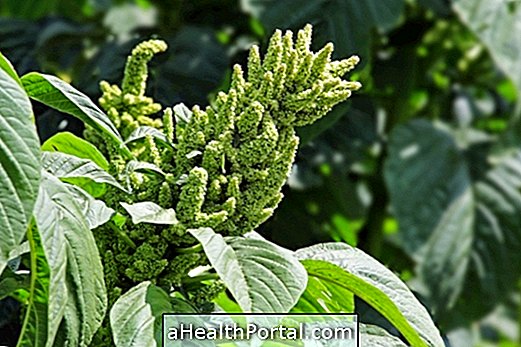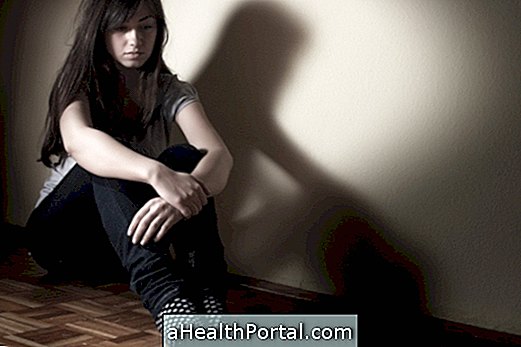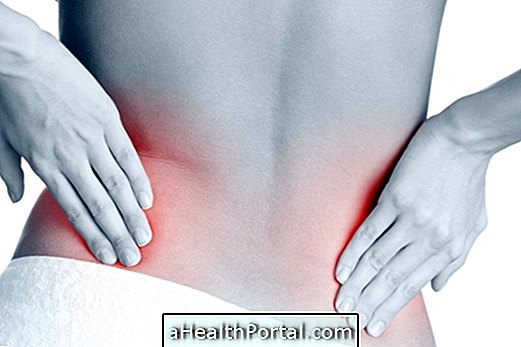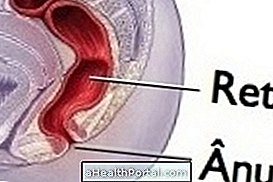The first day of pregnancy is considered to be the first day of the last menstrual cycle because most women can not know for sure when it was their most fertile day, and it is also not possible to know on what exact day fertilization occurred since the spermatozoon can survive up to 7 days inside the woman's body.
From the moment of conception, the woman's body begins a process of numerous transformations, the most important of the first days being the thickening of the lining of the uterus, called the endometrium, to ensure that the baby has a safe place to develop.
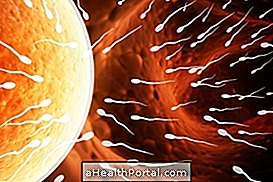

Fetal development in the first 3 weeks
After conception, the developing embryo sends a message to the pituitary of its existence through the hormone Beta HCG, repressing the next menstruation and keeping progesterone levels elevated throughout gestation.
Since there is no placenta yet, the embryo behaves independently of the mother; however, it is already dependent on the mother's body to receive the shelter necessary for its development. The placenta usually develops around 12 weeks of gestation, when the baby's needs become more demanding, requiring more blood, oxygen and nutrients.
Learn more about how conception happens and what happens in a woman's body.
How big is the baby?
The embryo is still very small, weighing only 1g, being smaller than the head of a pin.
Confirm which month of pregnancy you are entering your data here:

Early signs of pregnancy
In the first 3 weeks of gestation the woman's body begins to adapt to generate a baby. After the sperm enters the egg, a so-called conception, the cells of the father and the mother join together to form a new tangle of cells that within about 280 days will become a baby.
In these weeks, the woman's body is already producing several types of hormones important for pregnancy, especially beta-HCG, a hormone that prevents ovulation and expulsion of the embryo, stopping the woman's menstrual cycle during pregnancy.
In these first few weeks the woman rarely realizes the symptoms of pregnancy, but the more attentive ones can feel more swollen and sensitive, getting more emotional. Other symptoms are: Pink vaginal discharge, Colic, Sensitive breasts, Tiredness, Dizziness, Sleep and headache and Oily skin. Check out the first 10 symptoms of pregnancy and when to take the pregnancy test.
Your pregnancy by quarter
To make your life easier and you do not waste time looking, we separate all the information you need for each trimester of gestation. What quarter are you in?
- 1st Quarter (1st to 13th week)
- 2nd Quarter (14th to 27th week)
- 3rd Quarter (from the 28th to the 41st week)

